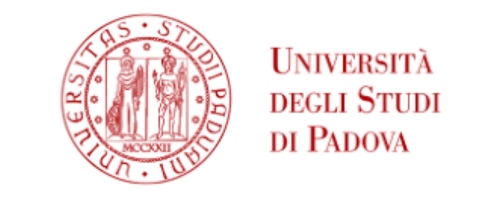Finding it difficult to choose your stream? Don’t worry we are here to help you out!
You can also style every aspect of this content in the module Design settings and even apply custom CSS to this text in the module Advanced settings.
Our Top University Partners

































How MBR Global Services will help you?
Help you figure out who you are and what you want out of your education, your career, and your life.
Be someone for youto talk to about your thoughts, ideas, feelings, and concerns about your career and educational choices, who will help you sort out, organize, and make sense of your thoughts and feelings.
Help you identify the factors influencing your career development, and help you assess your interests, abilities, and values.
Help you locate resources and sources of career information.
Help you to determine the next steps and develop a plan to achieve
Help you to complete your visa process
Are your ready to start your abroad journey with MBR Global?
- Have helped more than 17,000 customers
- Have over 20+ years of experience
- 97% Visa success rate
- Partnered with 1000+ Universities
